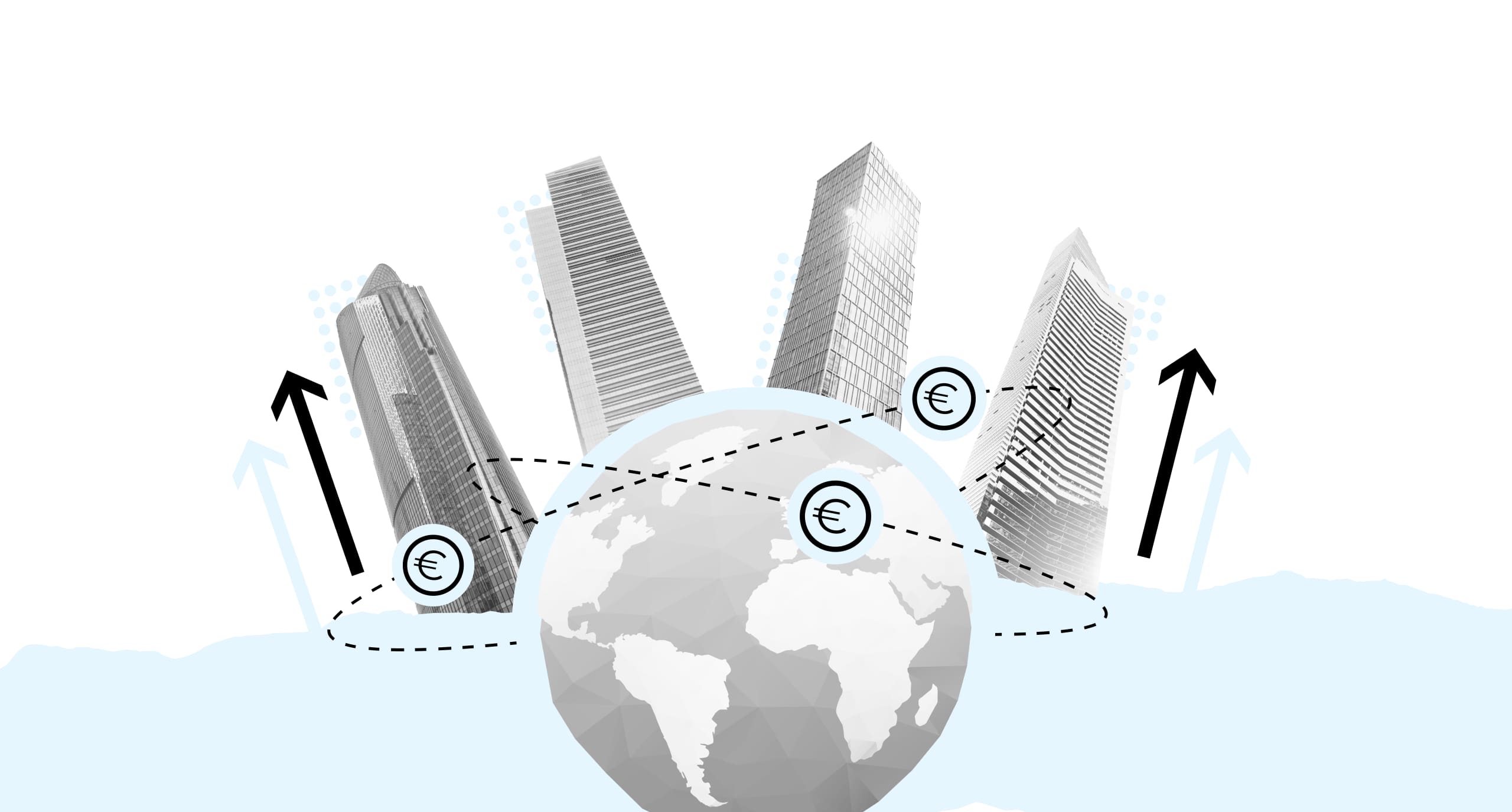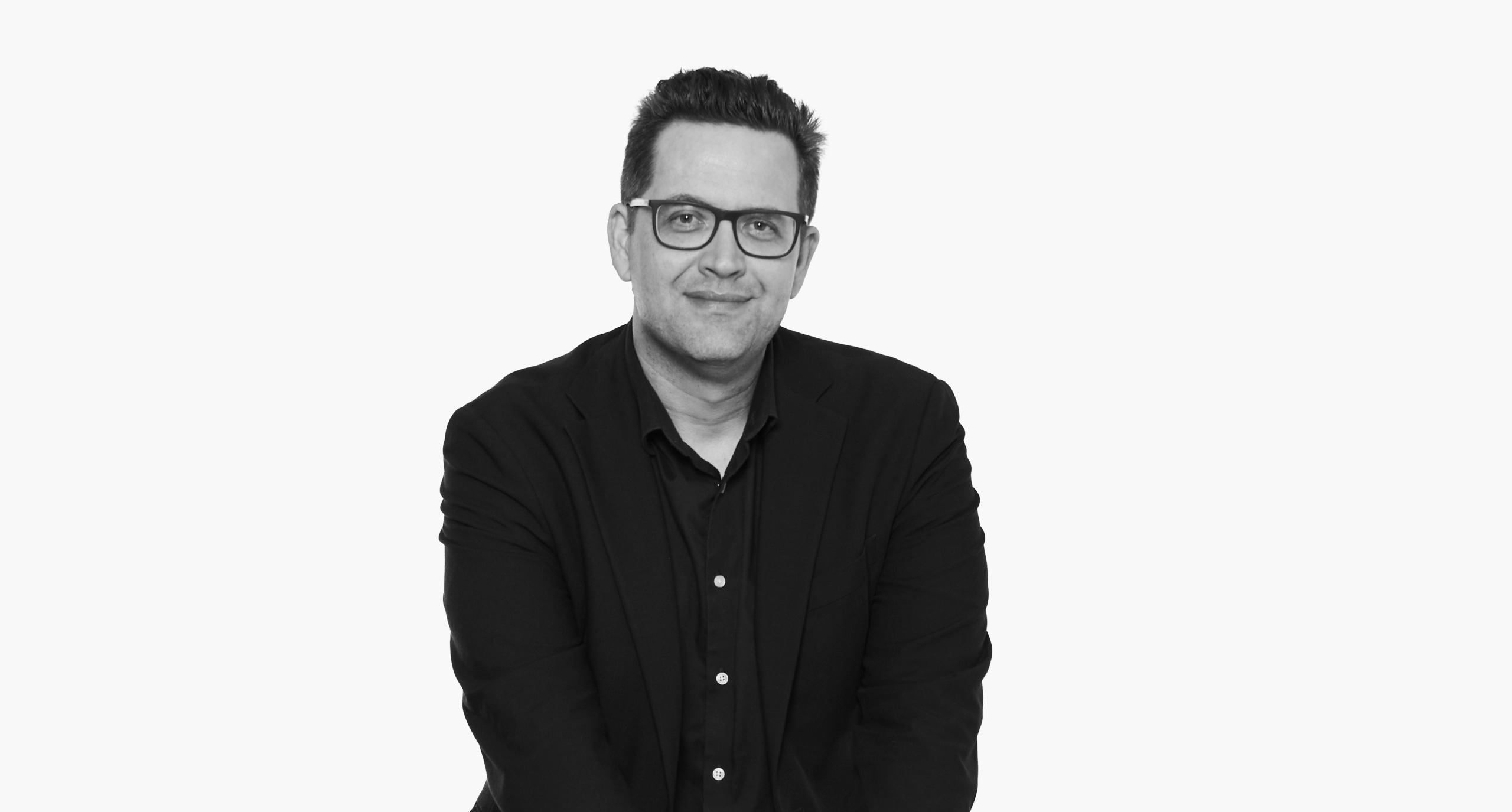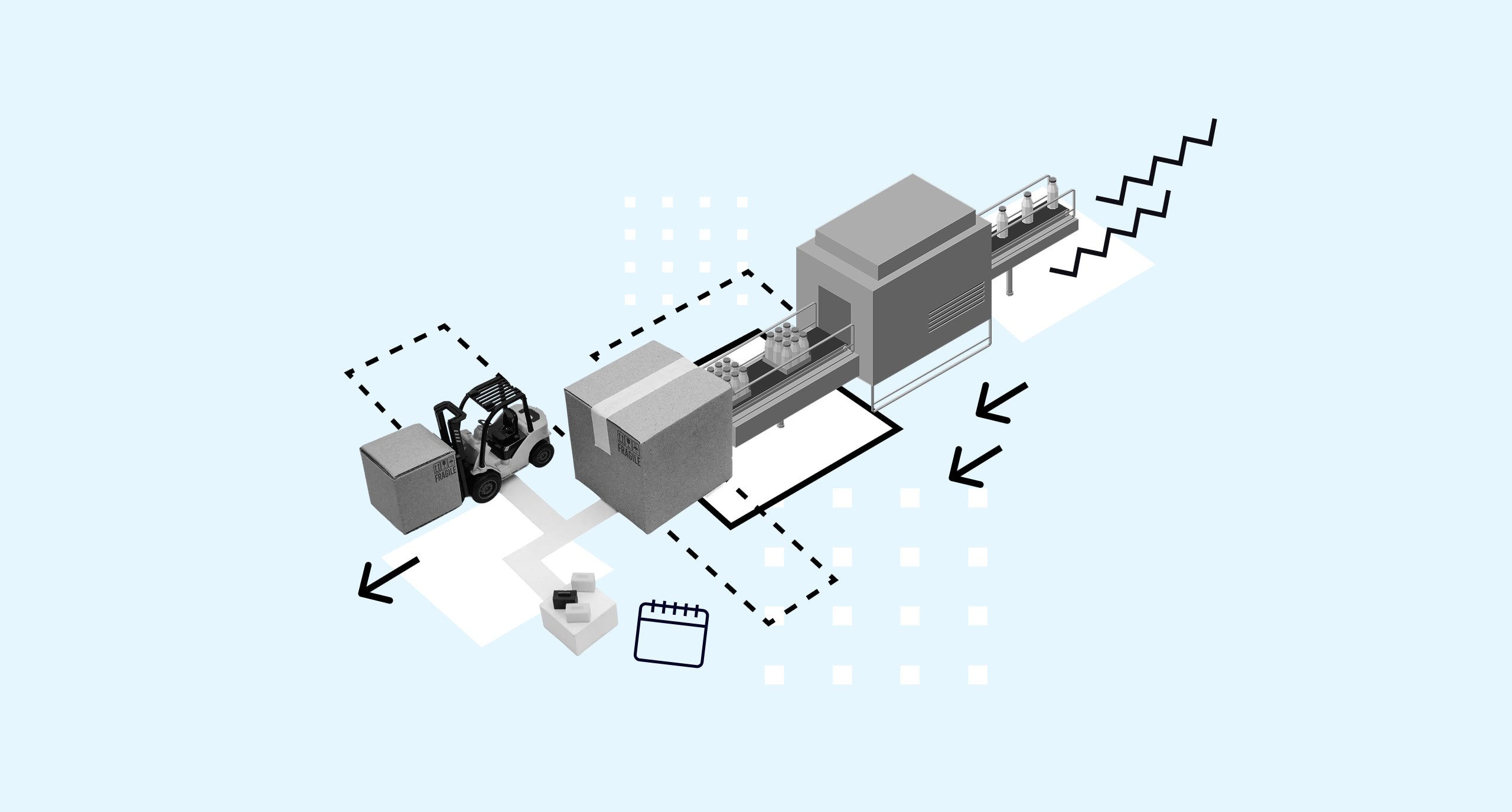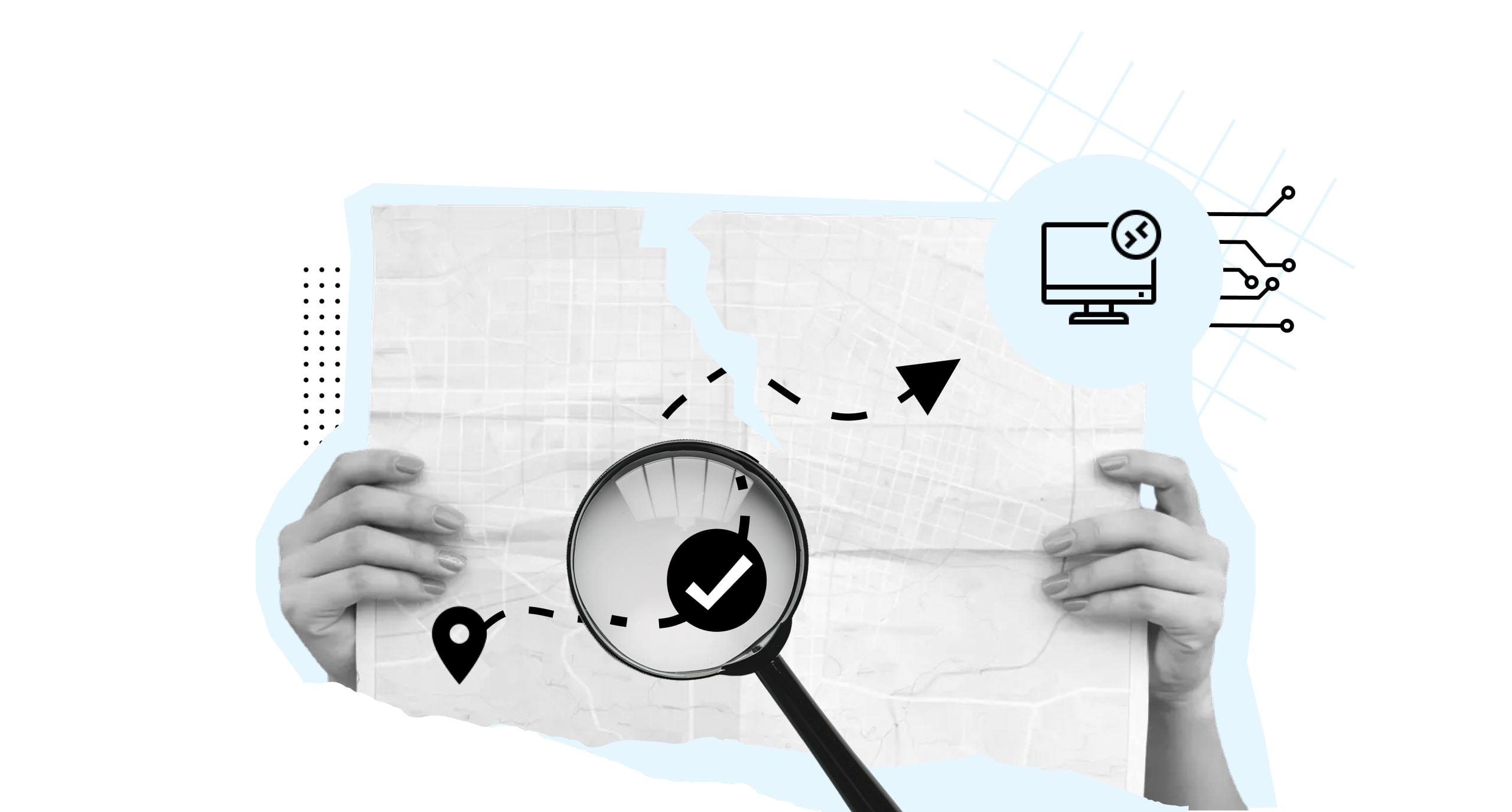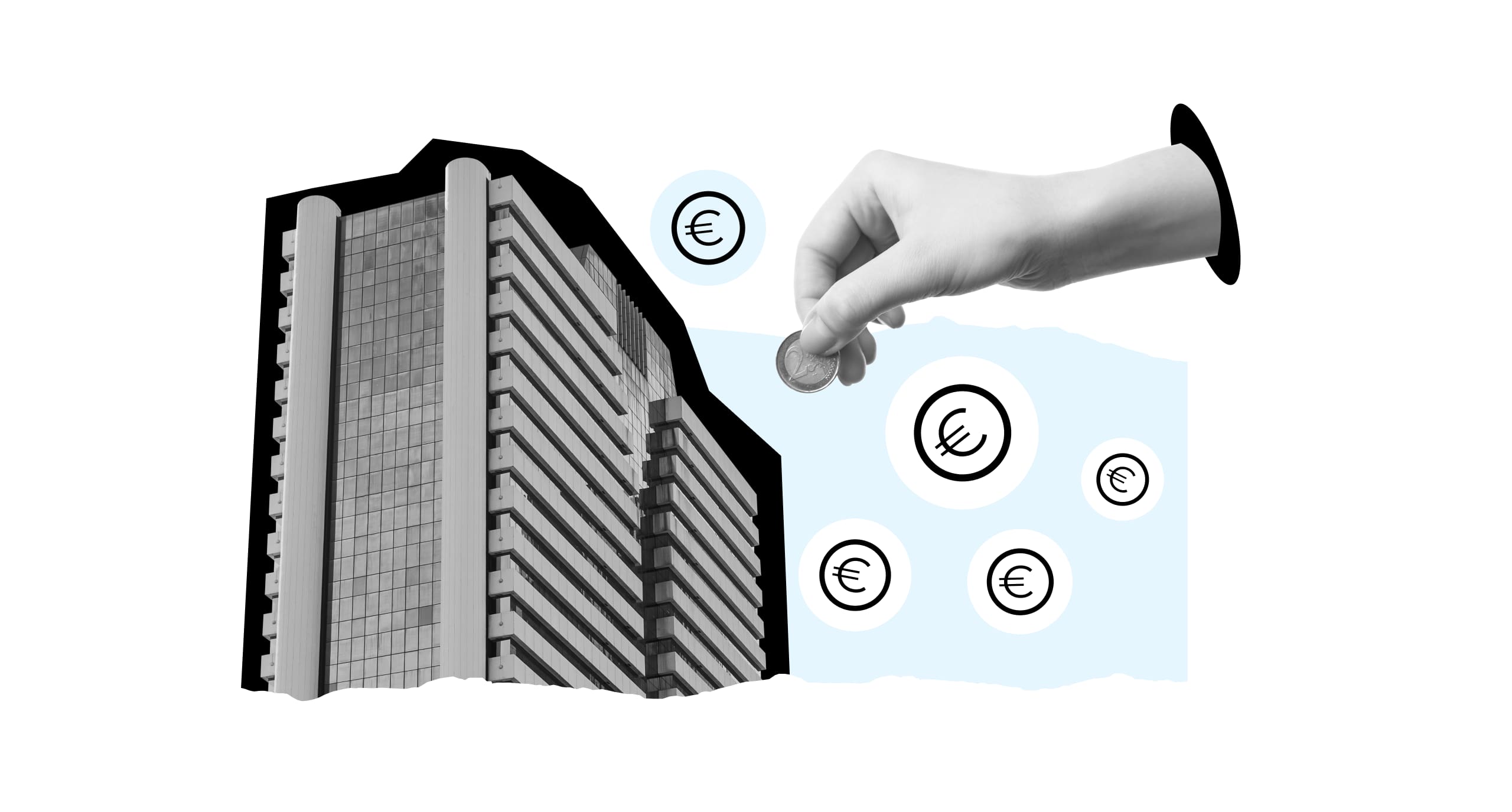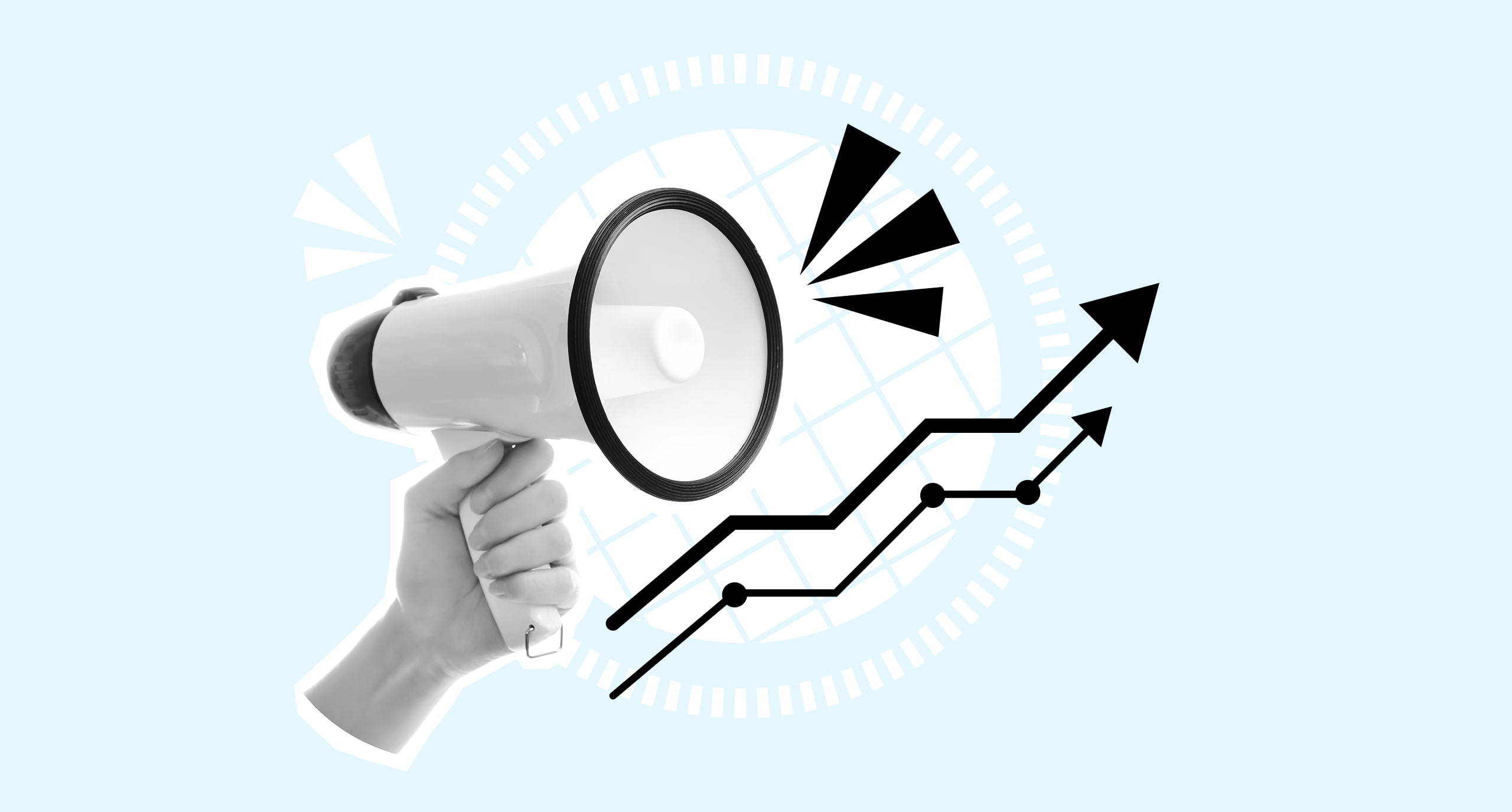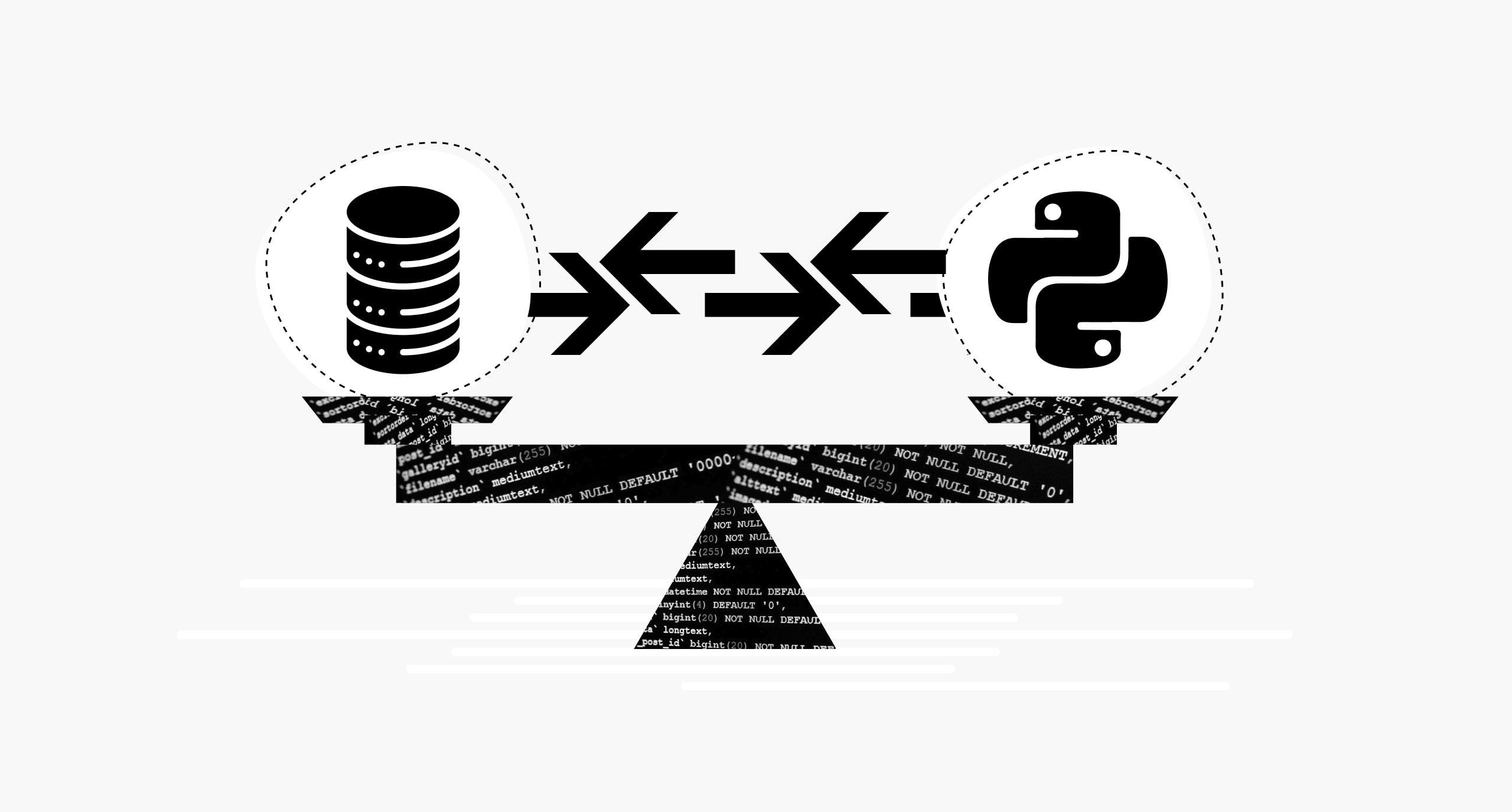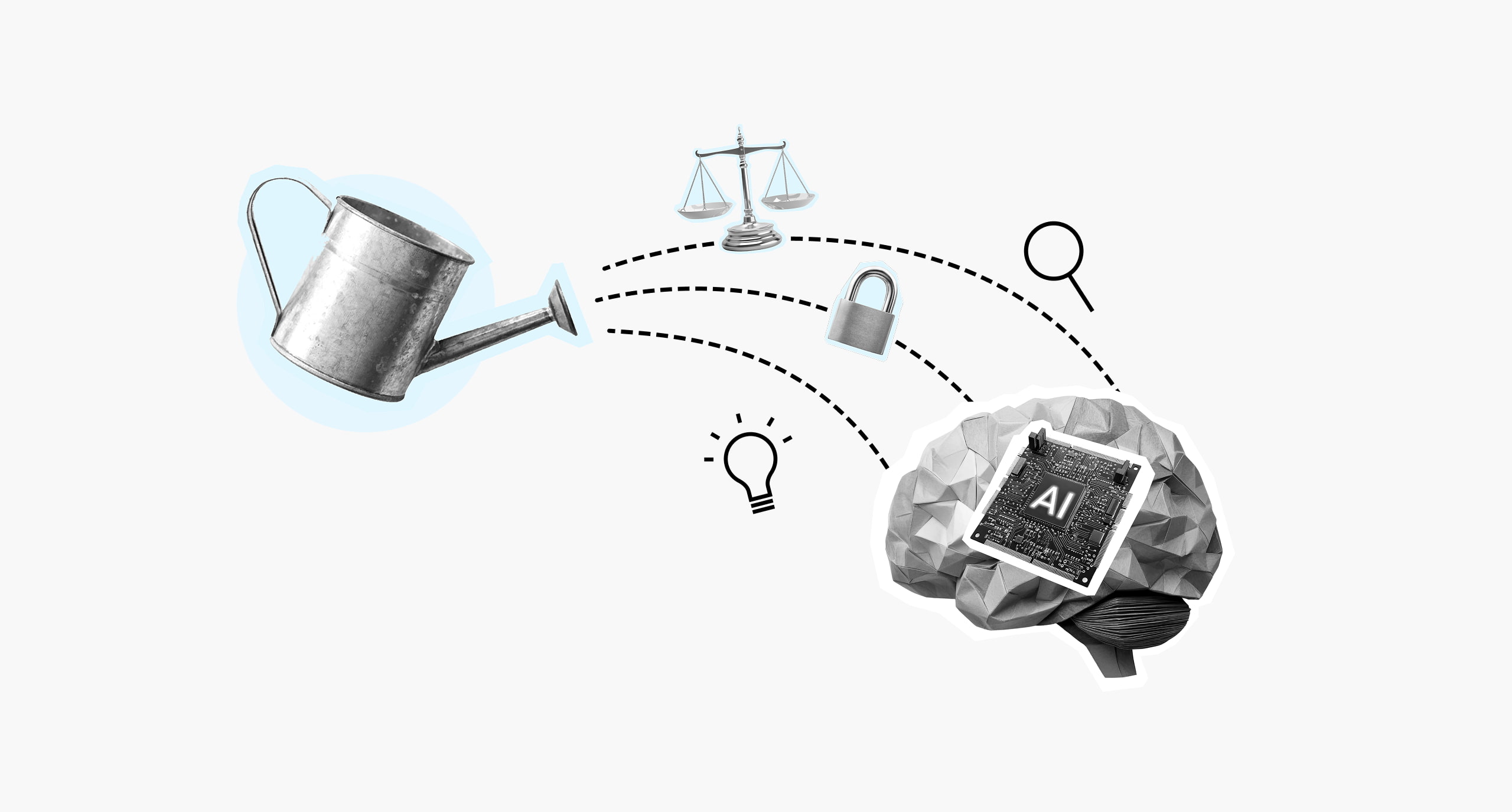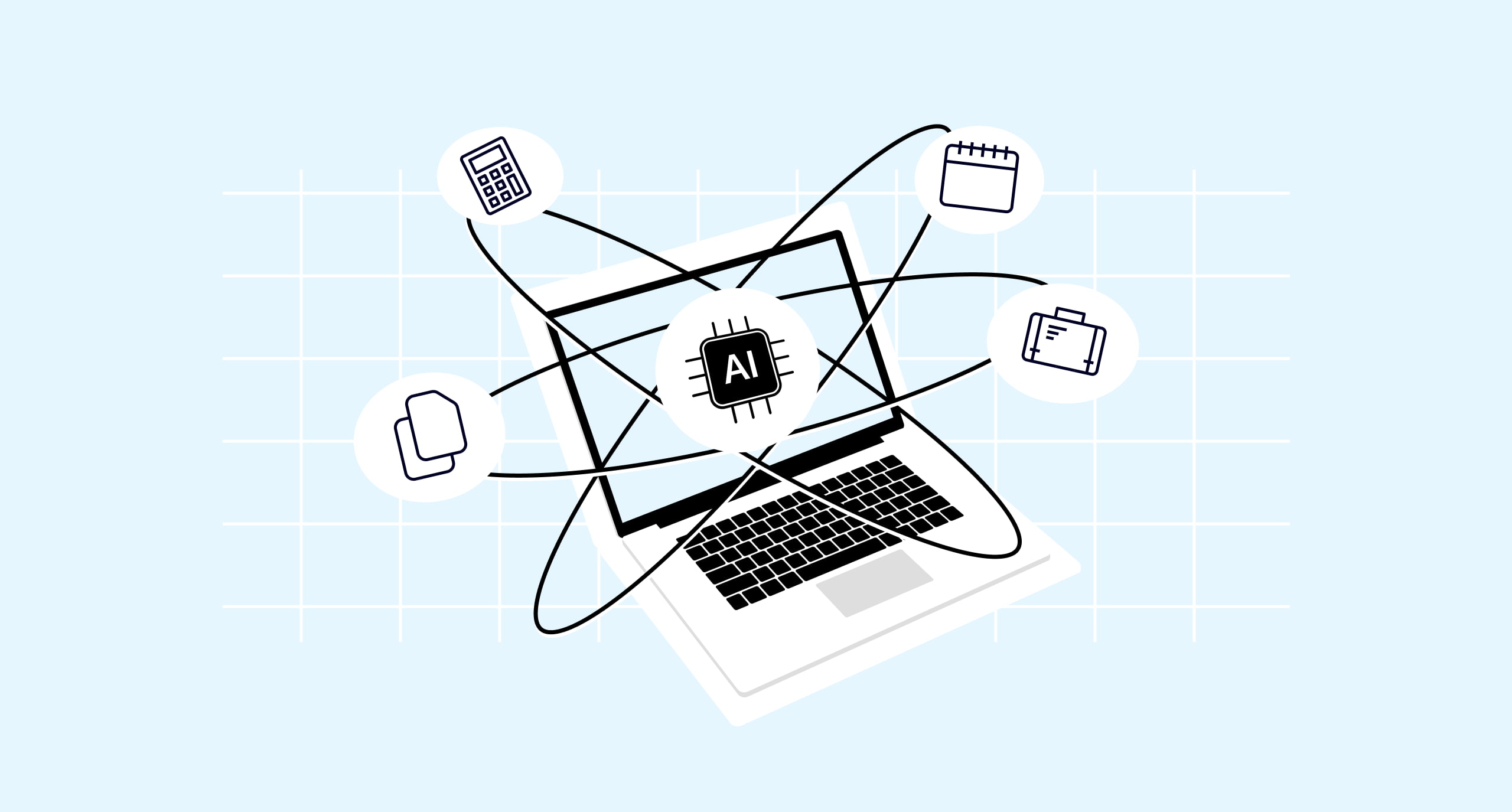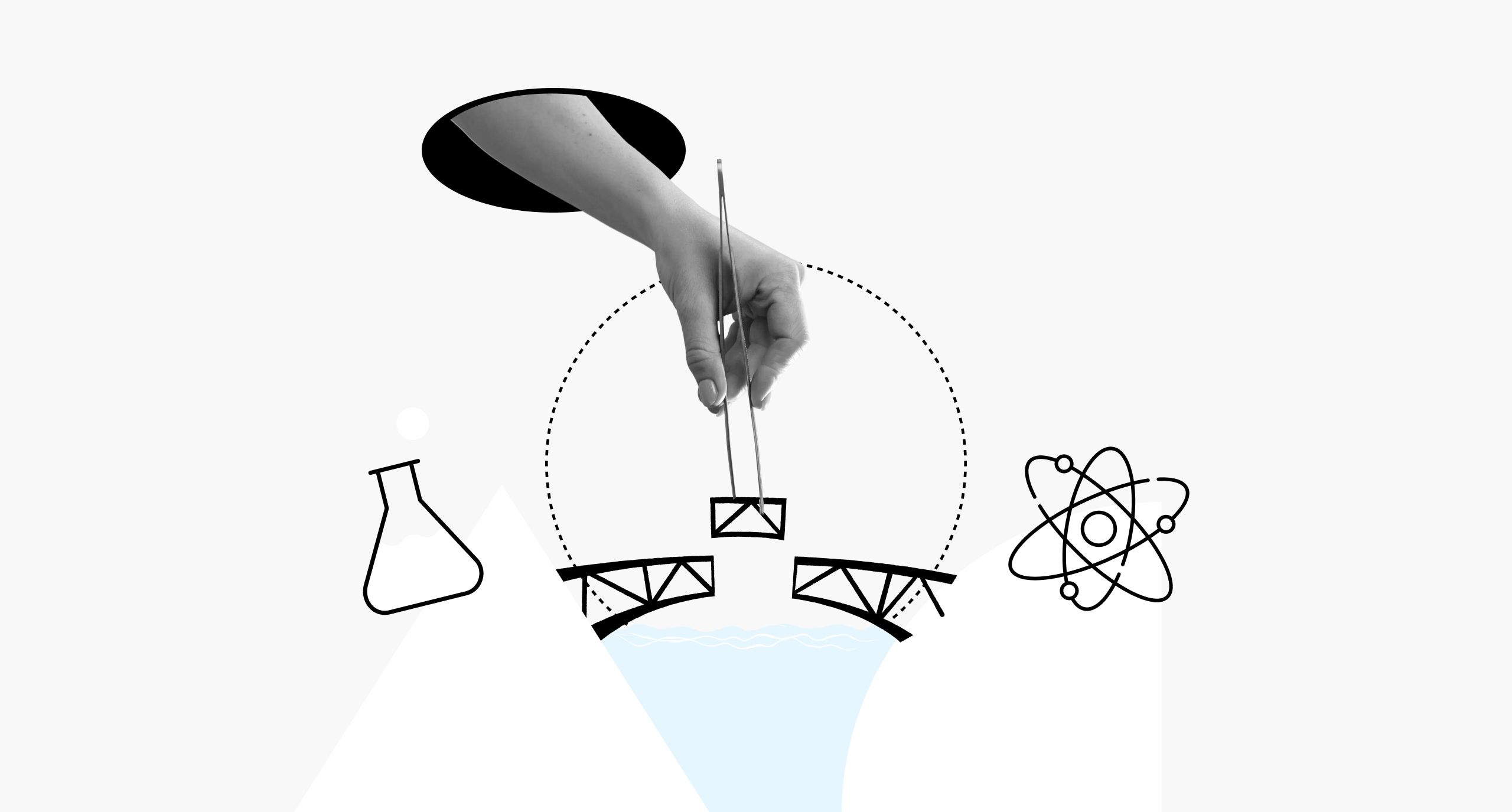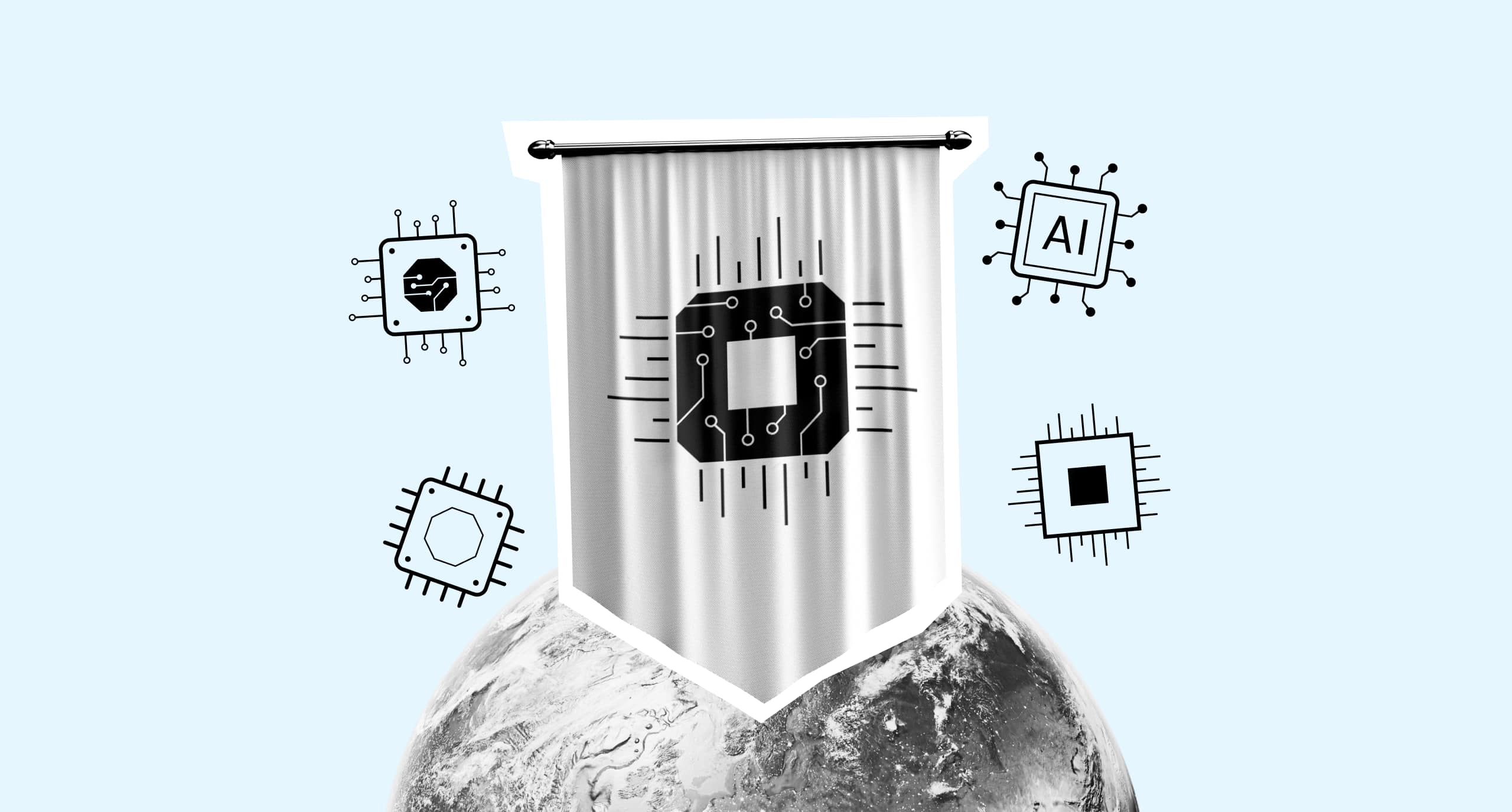The world of tech continues to advance, whether we like it or not. Now, general tech specialists must overcome a new hurdle: How to learn quantum computing theory and apply it to business.
To see exactly what that journey might look like, we caught up with our academic coordinator Ester de Nicolás to find out how the new quantum computing specialization on the Master in Computer Science & Business Technology is demystifying this exciting new technology.
Let’s get into it.
How does quantum computing work?
Ester is no stranger to innovation. She has over 20 years of experience across microelectronics, robotics and AI. Her latest area of focus is quantum computing, which has sparked a personal interest. “For me, it’s about giving back after years of intense work in this field,” says Ester. “IE is the kind of place that can make a long-term impact, not only in Spain but globally. That’s why I’m thrilled to be part of shaping this program and helping students prepare for the future.”
To explain how quantum computing works, Ester starts with why it’s needed. “A lot of people misunderstand quantum computing as just faster or more powerful computing, but that’s not accurate,” she says. “It’s a fundamentally different type of computing, useful for very specific problems—not something that replaces classical computing. Classical machines rely on transistors that switch between ones and zeros, but nature doesn’t work that way. Nature is analog, continuous and complex. Quantum computing reflects that reality by working with quantum states, which can represent many values between one and zero and compute on probabilities.”
This shift opens the door to simulations classical systems can’t handle.
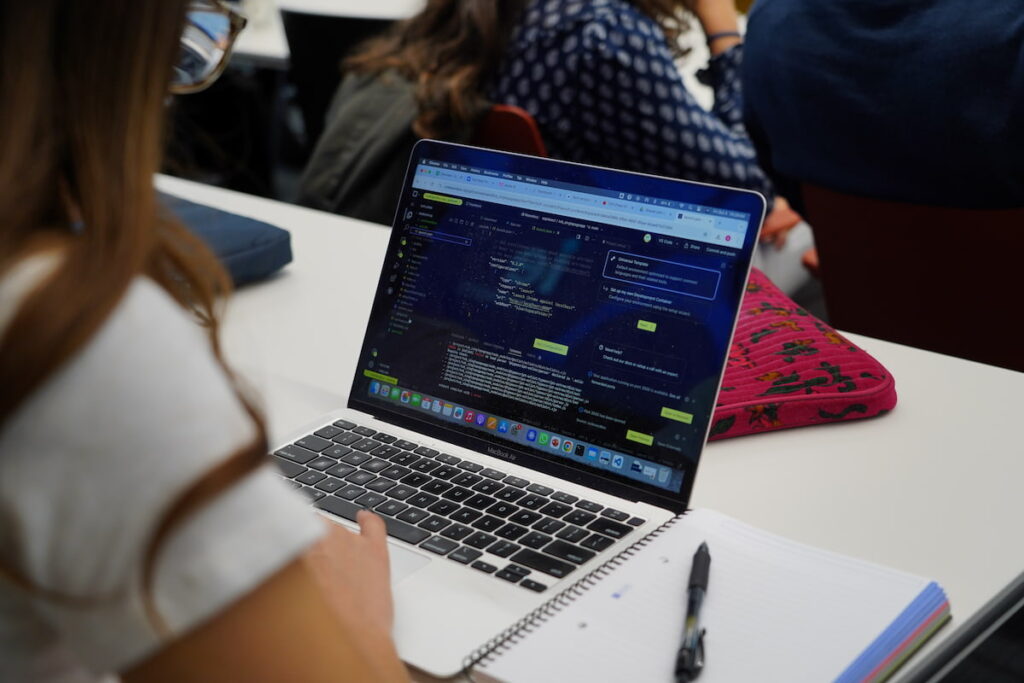
“Quantum computers can tackle problems like molecular simulation, which are practically impossible on classical machines,” says Ester. That’s why companies are experimenting with different approaches, such as the use of superconducting qubits, trapped ions, neutral atoms and more. The goal, however, is the same: To model quantum mechanics with quantum particles. And Ester deftly equates this to ripples in water: “Each pebble creates waves that interact. A quantum algorithm works like that, producing interference patterns we can measure. Importantly, quantum computing doesn’t stand alone. It works alongside classical computing, with quantum processing units acting as accelerators. The future of computing is hybrid.”
Why is quantum computing important?
Building an ecosystem of talent in the field of quantum computing is essential. And that’s true even though it’s still in an experimental stage. “We don’t yet have what we call ‘practical quantum advantage’—a situation where quantum solves a useful problem in a way that’s better than classical,” says Ester. “That day is coming soon. But, for now, most use cases are about refining algorithms, testing what’s possible and preparing.”
While trying to learn quantum computing all sounds theoretical, it will soon have very real benefits. “If we can compute in the language of nature, we can unlock breakthroughs in chemistry. And chemistry underpins 96% of manufactured products,” Ester says. “Think about it: Drugs, clothes, materials. Everything we interact with relies on chemistry and material science. Humanity has named entire eras after materials—the Bronze Age, the Iron Age, now the Silicon Era. With quantum combined with AI, we could discover new materials, clean microplastics from the ocean, design better medicines—or even accelerate the search for cures to diseases like cancer.”
It’s not only general humanity that will benefit from quantum leaps. Early-adopting businesses will also gain huge ground in the market: “The countries and companies that adopt this technology first will gain huge advantages. Now is the tipping point. Now is the best time to start.”
How can I learn quantum computing?
Now, alongside her role as Senior Director of Product Management at Microsoft Quantum, Ester is directing our new specialization to help you learn quantum computing the right way. You’ll study the foundations of quantum mechanics applied to computing, learn how quantum states and algorithms work, and understand the hardware approaches currently being tested—from superconducting qubits to trapped ions and beyond. By the end, you’ll know not only where the field stands today but also where it is heading.
The specialization also prepares you to find your place in the ecosystem. You’ll explore every layer of the stack: hardware design for those drawn to physics and engineering; software for students eager to work on algorithms and integration with classical systems; applications in areas like chemistry, life sciences, or materials science; and the business dimension, where you’ll analyze economic value chains and the strategic impact of quantum technology. Each track equips you with the vocabulary and skills to work confidently across disciplines and collaborate with experts from different fields.
“Students will leave with a clear understanding of the state of the art in quantum computing, where the field is heading, and what’s needed to move it forward.”
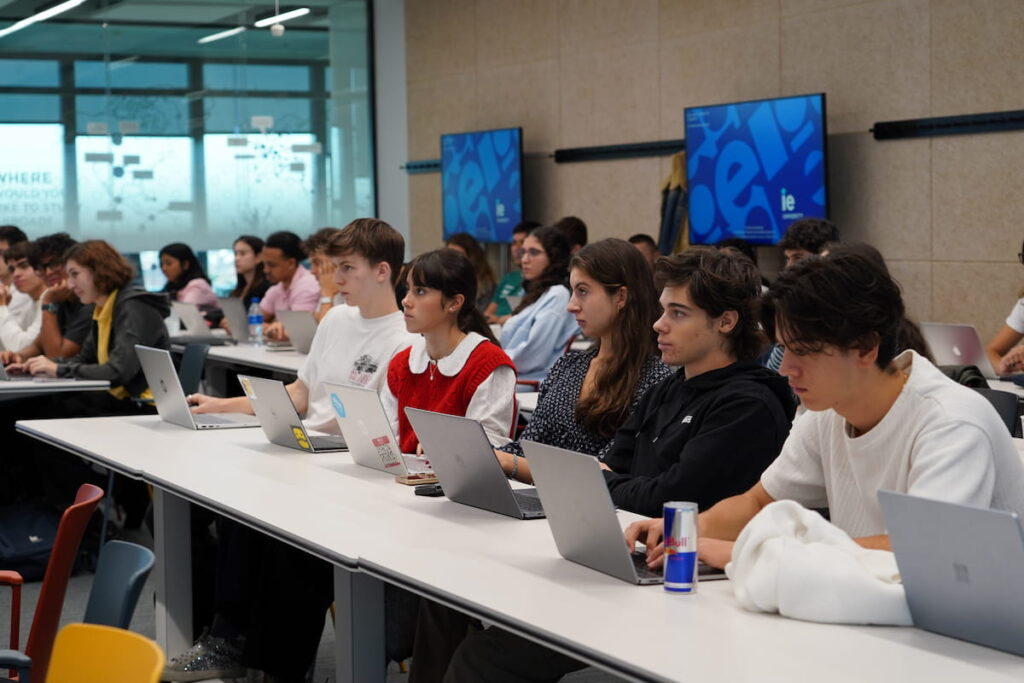
Ester emphasizes the centrality of real-world application across all teaching. That’s why you’ll work on applied projects that mirror real-world challenges. “At the technical level, some people will need deep training in physics and math to design hardware. Others will focus on software—quantum algorithms and how they integrate with classical systems. Scientists in chemistry or materials science will need to phrase their research questions so quantum machines can answer them. And on the business side, leaders need to understand the economic value, the digital transformation required, and how to place their organizations in this new value chain.”
What are the challenges of quantum computing?
Looking ahead, the proliferation of quantum computing will bring its own set of challenges. “Quantum computers will be excellent at prime factorization,” says Ester. “But that also means they could break today’s encryption. This can be solved through post-quantum cryptography, but it requires planning and global coordination now. The harder ethical issue is dual use: the same quantum simulation that could cure cancer could also create more effective poisons. Then there’s the geopolitical question—ensuring this technology doesn’t widen divides between countries or communities. We need to make sure it creates abundance for all, not exclusivity for a few.”
The future puts the need to learn quantum computing front and center—allowing us to reshape society for the better.
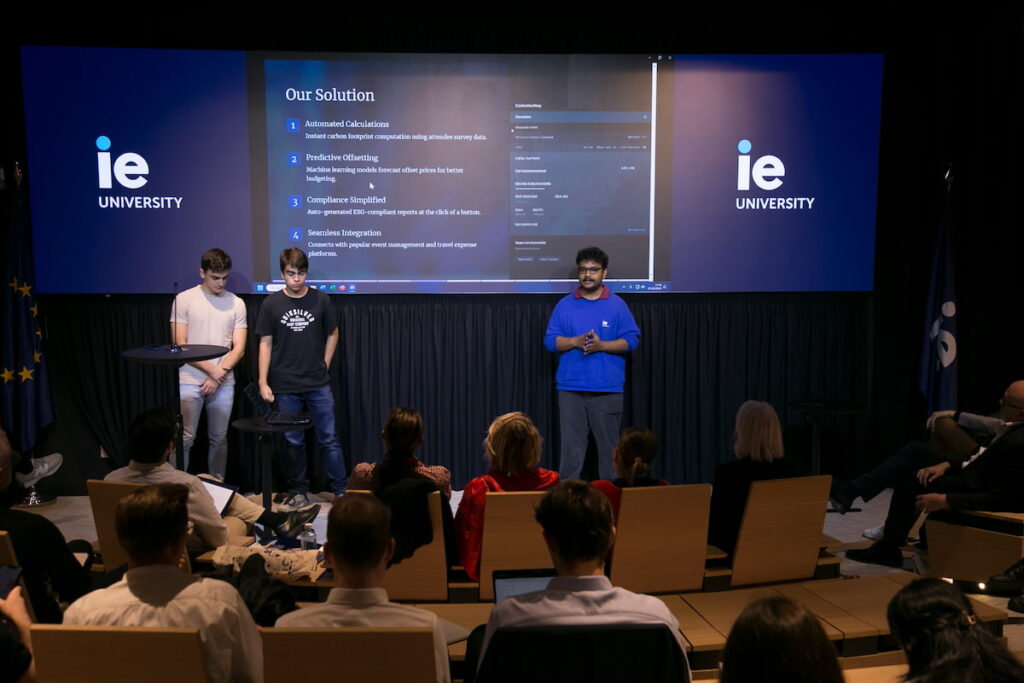
“In 15 or 20 years, I see a world where quantum computing has helped us clean pollution from the air and plastics from the ocean,” says Ester. “We’ll use it to design sustainable materials, cure diseases we can’t cure today, and better understand fundamental processes like photosynthesis. If we use this technology responsibly, the world could be cleaner, safer and healthier.”
This long-term vision is at the heart of IE School of Science & Technology‘s methodology. Our Master in Computer Science & Business Technology will help you thrive at the intersection of business and innovation, gaining the skills to guide organizations through digital transformation. With specializations in Artificial Intelligence, Cybersecurity, Cloud Solutions, Tech Sales & Consulting, and Quantum Computing, we’ll offer the tools you need to make a better world. You can be at the head of global transformation. And your journey starts here.
Learn quantum computing with IE School of Science & Technology
Study the Master in Computer Science & Business Technology to evolve your career.

Benjamin is the editor of Uncover IE. His writing is featured in the LAMDA Verse and Prose Anthology Vol. 19, The Primer and Moonflake Press. Benjamin provided translation for “FalseStuff: La Muerte de las Musas”, winner of Best Theatre Show at the Max Awards 2024.
Benjamin was shortlisted for the Bristol Old Vic Open Sessions 2016 and the Alpine Fellowship Writing Prize 2023.

